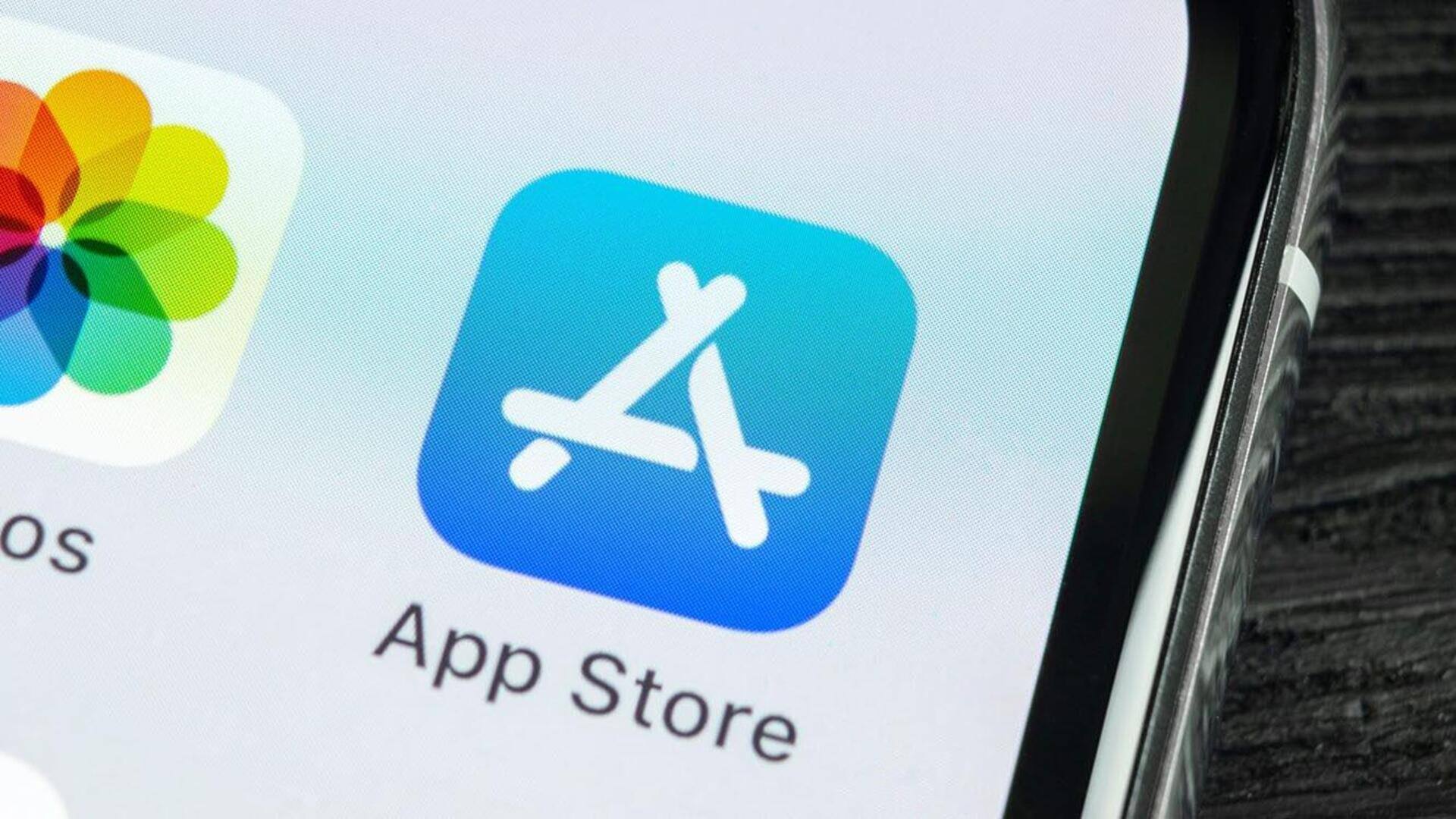
Apple complies with China's stricter app store rules
What's the story
Apple has introduced a new policy for its China App Store, necessitating that new apps must show evidence of a Chinese government license before becoming available to users.
This change brings Apple in line with local competitors who have followed this policy for a while now due to tightening state regulations.
The "internet content provider (ICP) filing" requirement started last Friday, and developers must now submit this documentation when publishing new apps on the App Store.
Details
Impact on foreign apps and Apple's popularity in China
The ICP filing license rule could be problematic for foreign apps since developers must either have a Chinese company or collaborate with a local publisher to obtain the license.
Apple's previous flexibility with ICP policies helped it offer a wider variety of mobile apps than local rivals, boosting its popularity in China, its third-largest market.
However, the Chinese government's increased scrutiny of mobile apps may affect Apple's compliance and the availability of many apps on its App Store in China.
What Next?
Concerns among developers and iPhone users
Many developers took to social media to voice their concerns over Apple's decision, as they are afraid it might lead to even stricter adherence to China's regulations.
Independent developer Jinyu Meng stated on X, "If my apps can't be launched in China without app filing, I will take down my apps [there]."
Some iPhone users in China have also posted on X that they may need to use Apple accounts from other countries to access their favorite apps.
Insights
New rule and grace period for compliance
Under the new rule, apps without proper filings will face penalties after the grace period ends in March 2024.
Newly developed apps must comply with the rule from September.
The tightened regulations come as Beijing focuses more on security, with some government agencies banning employees from using iPhones.